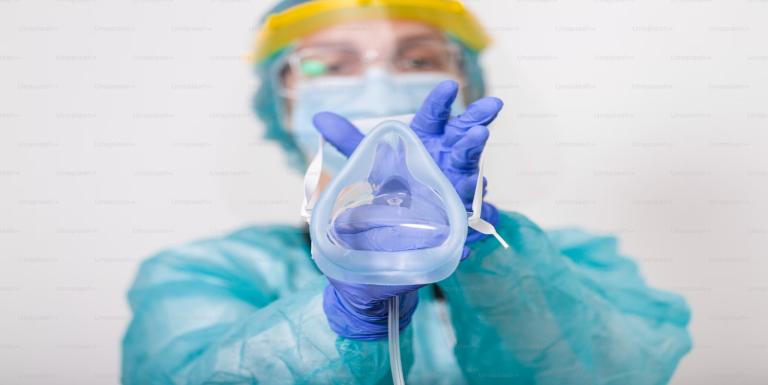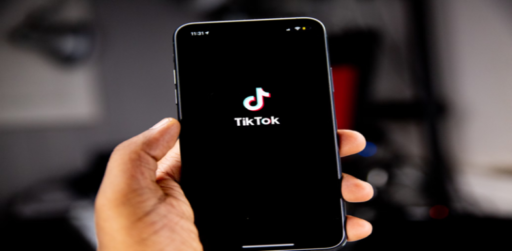Introduction: The Settlement
Philips Respironics has reached a landmark settlement worth $1.1 billion in response to lawsuits claiming that their CPAP and other breathing devices caused harm to users. The settlement addresses concerns raised by thousands of individuals who alleged injuries resulting from noxious gases and foam particles emitted by the devices. While Philips did not admit fault, the settlement represents a significant step towards resolution.
Background: CPAP Device Controversy
The controversy revolves around CPAP (continuous positive airway pressure) machines, essential for individuals with sleep apnea and respiratory difficulties. Users complained of adverse effects caused by the Philips DreamStation machines, including noxious gases and foam particles lodging in their airways. This issue prompted widespread concern among patients and healthcare professionals, sparking years of litigation and regulatory action.
The Settlement Terms
The $1.1 billion settlement addresses personal injury claims related to the use of Philips CPAP and other breathing devices. Notably, Philips did not acknowledge fault in the settlement agreement, leaving the causation of injuries unresolved. The settlement follows a previous $479 million agreement reached in September concerning economic losses suffered by patients and medical equipment suppliers.
Implications and Regulatory Response
The settlement reflects a significant development in the ongoing legal battle over the safety of CPAP devices. It comes in the wake of regulatory actions, including a consent decree forcing Philips to cease U.S. sales of new devices until specific conditions are met. The Food and Drug Administration (FDA) has been actively involved, highlighting Philips’ failure to address early reports of device problems dating back to 2015.
Patient Impact and Recall Efforts
The recall of Philips CPAP devices began in 2021, triggered by concerns over potential cancer-causing gases emitted by the machines. The recall affected millions of devices produced since 2006, impacting patients who relied on them for respiratory support. Patients and medical professionals criticized the recall process, citing delays and uncertainties in obtaining replacement devices.
Recognition and Investor Response
Investors reacted positively to news of the settlement, with Philips stock surging by approximately 33% following the announcement. The resolution of the lawsuits represents a significant milestone for the company, signaling progress towards addressing concerns raised by patients and stakeholders. Philips indicated that a portion of the settlement would be covered by insurance.
Conclusion: Legal Closure and Future Outlook
The $1.1 billion settlement marks a crucial step towards resolving the CPAP device controversy surrounding Philips Respironics. While the company did not admit fault, the settlement provides compensation for individuals impacted by the alleged harm caused by the devices. Moving forward, the focus will be on implementing regulatory reforms and ensuring patient safety in the use of medical devices.











